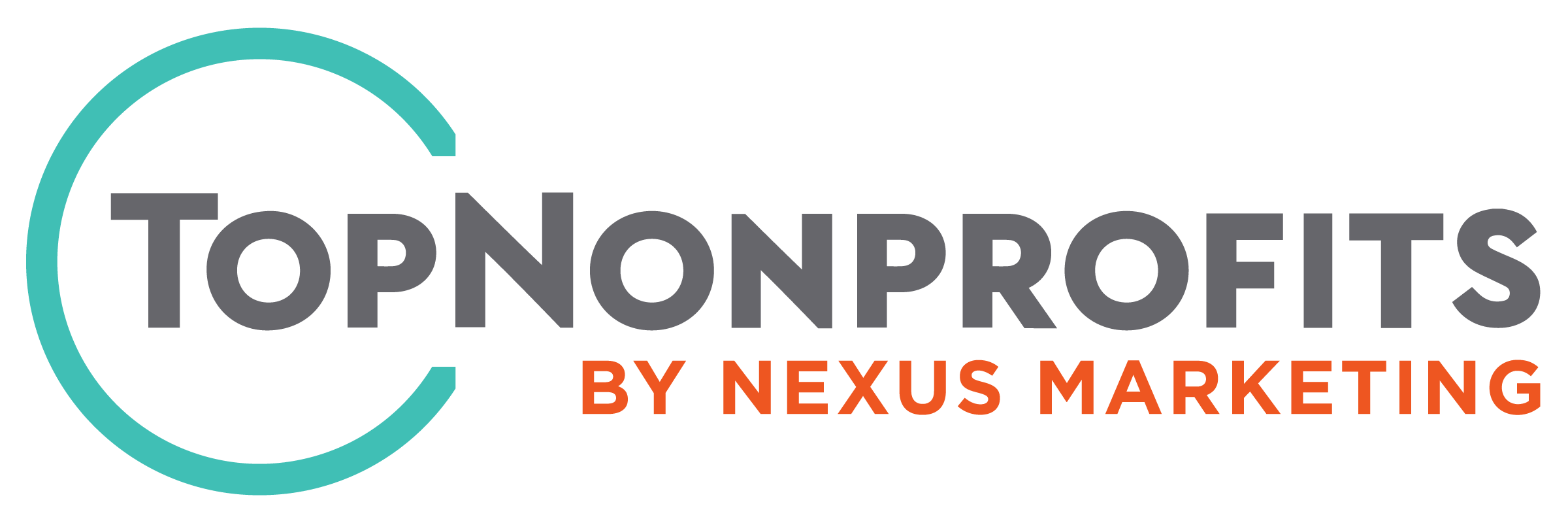This is part 2 of the Data and Your Audience Guide. Want to download the entire ebook, “Decoding Audience Data to Optimize Your Reach” CLICK HERE!
I didn’t know my social security number until I got to college. The first time I ever had to use it was when I was completing my financial aid forms. I had to ask my mom what it was, and she, of course, rattled it off from memory. And I remember her telling me that I needed to write it down, but that I needed to keep it private.
Fast forward a few years later when my baby cousin – living in Germany at the time – had a hospital bill in his name from our hometown’s hospital. Someone had used his social security number to create an identity and receive treatment.
Now, I fully grasp that a simple nine-digit number carries the weight of your entire financial profile, your identification, and your criminal record (or lack thereof). But what about all of the other things that are much more easily hackable that make up your online identity? And furthermore, what actually is an online identity?
Let’s start with the latter. What is an online identity?
The first thing you need to know is that even if you don’t have social media accounts if you so much as use the internet, you have an online identity. Your online identity can be made of tons of different things: your Amazon shopping cart; your Google search history; your financial transactions; your login credentials; really anything that you do online creates your identity.
Answer a few questions for me…
- Have you ever “shared” your Facebook profile to find out ice cream flavor you’d be?
- Have you ever clicked on a “Sponsored” post or ad on your social media platform of choice’s feed?
- Have you ever created an account to access content?
- Do you use the same password for everything?
All of these examples, and all of these actions that you WILLINGLY take, put valuable information out into the interwebs that companies, organizations, and potential security threats around the world are doing everything they can to get hold of. Sure, many of them aren’t trying to be malicious with your data – in fact, most of them just want to sell you something – but your information falling into the wrong hands is a risk you take when you’re online.
It’s not all bad, though!
I LOVE getting introduced to new companies simply because my online identity determined that I might like it. I recently got an ad for a company called Misfits Market – basically, it’s this company that ships “ugly” produce to you each week (or every other week) and you pay like 65% less than you would in the store. Never would have heard of it if it wasn’t for a Facebook ad! And I love it!
Never fear: You can protect your online self!
Create strong passwords. And not those auto-generated number-letter-symbol combos because apparently there is software out there now that can run those pretty fast? And (I need to take my own advice on this) use a different password for every account. That way, if one gets hacked, the others don’t go down with it.
Get rid of spam emails. Do NOT click on the strange email with the kind-of-legit-looking link. And if that link is actually a real link that doesn’t automatically crash your computer (do people still say that?), do NOT put your personal information into the form. Just don’t. Flag it. Report it. Forget it!
Create a secondary email address. And maybe a tertiary one too. Don’t use your primary email address to set up social media profiles, video game accounts, news site comment threads, or anything like that. That’s just asking for trouble.
Find some ID Protection or Notification services. It seems strange to say “enter your personal information into an online account that will protect your personal information!” But you should consider it. I use IDNotify, which allows me to enter anything from credit card numbers and bank accounts to old phone numbers, addresses, and social media accounts. Anytime something happens with that information that seems sketchy, I get a notification. So though the damage may already be done, there’s potential for me to stop it before it gets worse.
I’m not trying to freak you out. Robust online identities are a GOOD thing!
Every time you create an account, sync an account, click, pause, hover, leave a website, add something to your cart, search for something, go somewhere and “check-in”, enter a promo code – literally ANYTHING – you are adding to your online identity. And though this piece is more about protecting yourself, you can use online identities and data to your advantage with donors, supporters, and community members.
EXPLORE OUR NONPROFIT RESOURCES
Sign up for a webinar, tune into a podcast, take a course, or access a guide on a vast array of topics including fundraising, board governance, marketing and communications, and much more!
We are renowned for our top-nonprofit lists including the best logos, websites, and degree programs. We also have an ever-expanding blog full of valuable information to help your not-for-profit org reach its potential.
